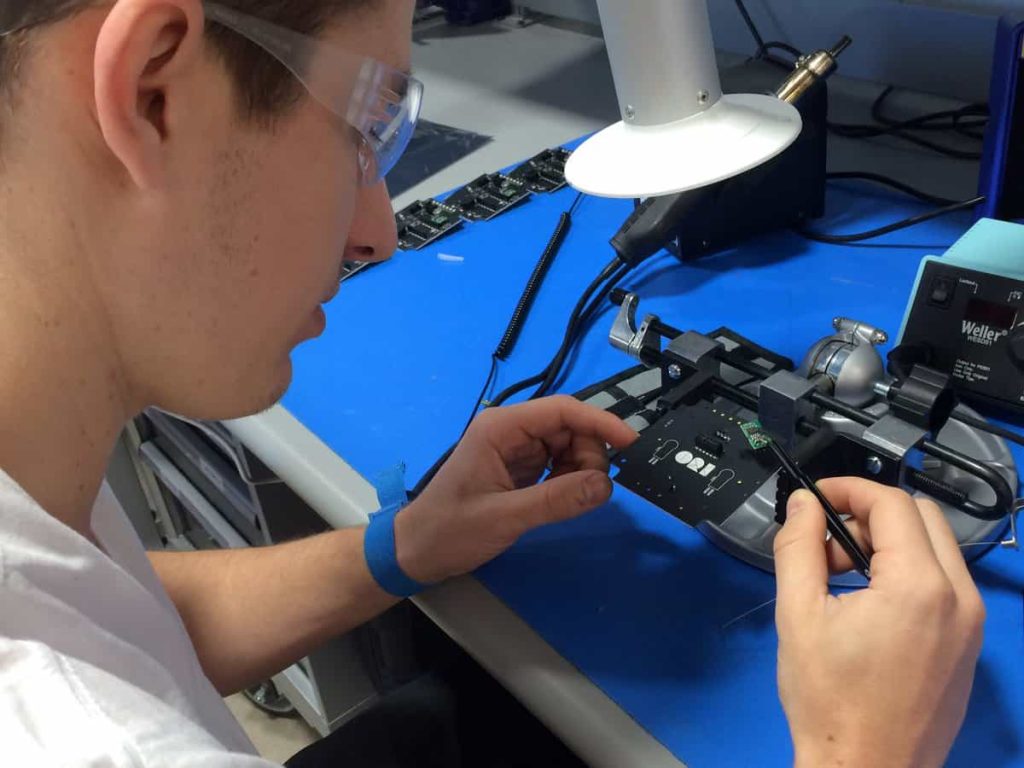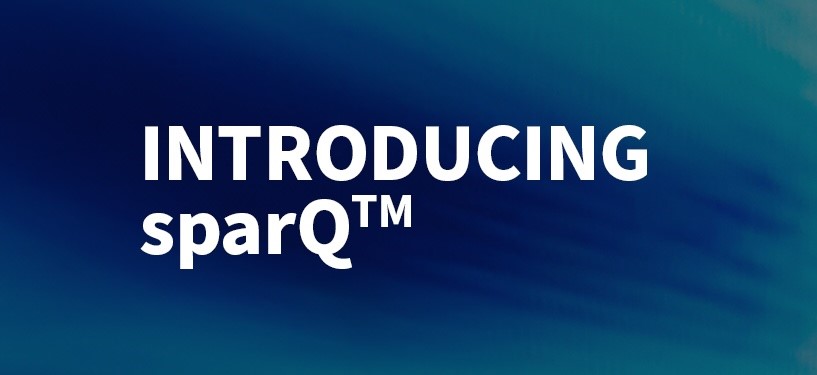The US immigration system is deeply flawed. In fact, you could not design a more broken system if you tried: we spend billions of dollars marketing our world-class universities and startup ecosystem to attract the world’s best and brightest to come to the US. But after they arrive, receive the benefits of our education and entrepreneurial environment, and are inspired to start a company here, we tell them they are not welcome and kick them out. Talented immigrant entrepreneurs who hope to create the next Apple or Google — with the thousands of jobs and billions of dollars of wealth that come with it — are categorically told we would prefer they take their skills and vision elsewhere.
When a startup entrepreneur can fight through the system, stay here and build their company, magic can happen. A study from the National Foundation for American Policy indicated that immigrants started more than half of the current crop of U.S.-based unicorns — startups valued at $1 billion or more founded in recent years. (Learn more in MassTLC’s 2017 report, The Economic Impact of Immigration on the US ).
We estimate that there are over a thousand aspiring international entrepreneurs attending universities here in Massachusetts, who want to stay after they graduate and launch a company. Most aren’t lucky enough to win the H1-B visa lottery while others don’t even try and instead move out and start their companies overseas.
Massachusetts has taken matters into its own hands and increased the odds for graduates. The state created a public-private partnership, called the Global Entrepreneur in Residence (GEIR) Program, with UMass stepping forward to use its cap-exempt status to allow an entrepreneur to bypass the national H-1B lottery and get a cap-exempt visa.
Since 2015, its first year, the Massachusetts GEIR Program accepted 36 entrepreneurs, like Ivan Fernandez de Casadevante, pictured above, co-founder of Ori Systems, a fast growing MIT robotic furniture spin-out. All of them received cap-exempt H-1B visas. The total venture capital raised by these companies is $306 million and the aggregate headcount is approximately 513. The cost of the entire program to taxpayers? Less than $200,000, which has been matched by the private sector. Dozens more applicants are in the pipeline for the program in 2017.
Massachusetts is leading the way and showing the country that our doors are open to the world’s best and brightest entrepreneurs and job creators.
William Brah is the Founder and Director of the Venture Development Center at the University of Massachusetts Boston. Learn more about the Global Entrepreneur-in-Residence Program.
|
Learn About How International Tech Entrepreneurs Wednesday, October 11, 2017, 12-1 pm, UMass Club, 1 Beacon St., 32nd Floor, Boston This HUBweek panel features John Barros, City of Boston Chief of Economic Development; Clement Cazalot, Managing Director of Techstars Boston; Rachel Casseus, Attorney, Casseus Law; and successful international entrepreneurs Ivan Fernandez de Casadevante and Srinath Vaddepally who participated in the Global Entrepreneur-in-Residence Program. Hear the latest on the changing landscape for immigration, and get practical advice about how to get a visa to grow a business after you graduate from the pioneering Global Entrepreneur-in-Residence Program. Register today! |



